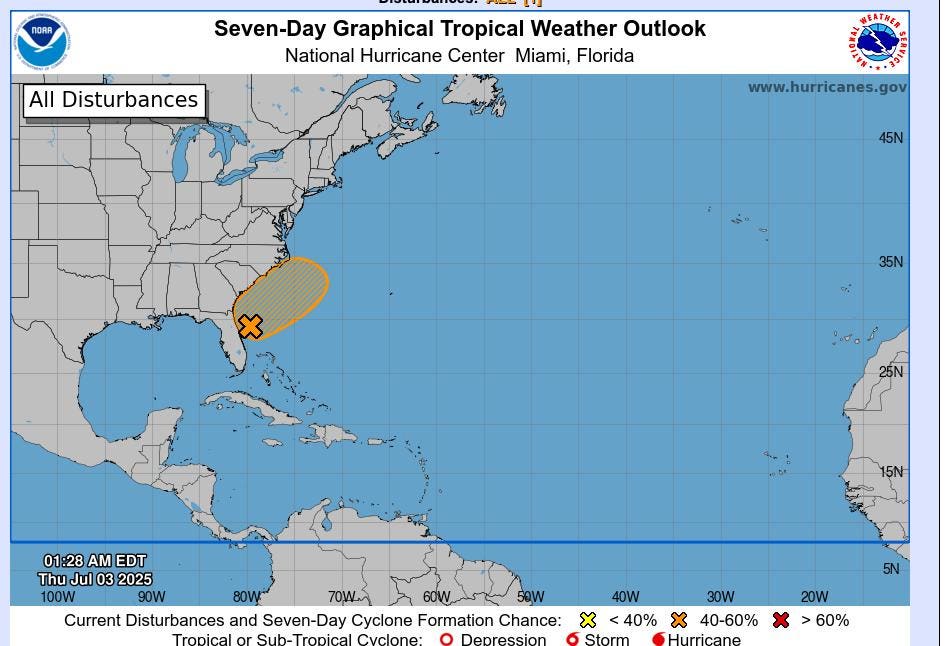Newspaper on web portal and website
Traditional news media are losing influence in the U.S., with, for the first time, most people accessing news via social media and video networks.
However, according to a new report from the Reuters Institute, this is fueling misinformation, with more than half of people telling the researchers that they’re concerned about their ability to tell what is true from what is false when it comes to online news.
Online influencers and personalities are seen as the biggest threat worldwide, along with national politicians, both cited by 47%.
Regionally, concern about influencers is highest in African countries such as Nigeria and Kenya, while politicians are seen as the biggest threat in the U.S., Spain, and much of Eastern Europe including Serbia, Slovakia and Hungary.
AI chatbots and interfaces are starting to emerge as a news source, though on a small scale – only 7% of survey respondents said they use it for news each week. That figure’s 15% for the under-25s.
And audiences in most countries remain skeptical about the use of AI in the news, and are more confident when humans are involved.
“These data may be of some comfort to news organizations hoping that AI might increase the value of human-generated news,” the researchers said.
“To that end we find that trusted news brands, including public service news brands in many countries, are still the most frequently named place people say they go when they want to check whether something is true or false online, along with official (government) sources.”
This was true across age groups, though younger people were proportionately more likely than older groups to use both AI chatbots and social media to check information.
The report highlights national differences, with the U.S. moving towards online news sources at a faster rate than the rest of the world.
The proportion that say social media are their main source of news, for example, is relatively flat in Japan and Denmark, though it has also increased in other countries with polarized politics such as the UK (20%) and France (19%),” the researchers said.
“But in terms of overall dependence the United States seems to be on a different path – joining a set of countries in Latin America, Africa, and parts of Asia where heavy social media and political polarization have been part of the story for some time.”
There’s a big trend towards a personality-driven alternative media sector, with more than one in five of the U.S sample saying they came across news or commentary from popular podcaster Joe Rogan in the week after Donald Trump’s inauguration, including a disproportionate number of young men.
Meanwhile, 14% said the same about former Fox News anchor Tucker Carlson, with other widely accessed personalities including Megyn Kelly, Candace Owens, and Ben Shapiro from the right, and Brian Tyler Cohen and David Pakman from the left. The vast majority of top creators discussing politics are men.
Donald Trump has done much to court podcasters and YouTubers, while restricting the traditional media’s access to press briefings. This has fueled a lack of trust.
“In countries where press freedom is under threat, alternative ecosystems also offer opportunities, at their best, to bring fresh perspectives and challenge repressive governments,” the Reuters Institute said.
“But at the same time these changes may be contributing to rising political polarization and a coarsening debate online.”









